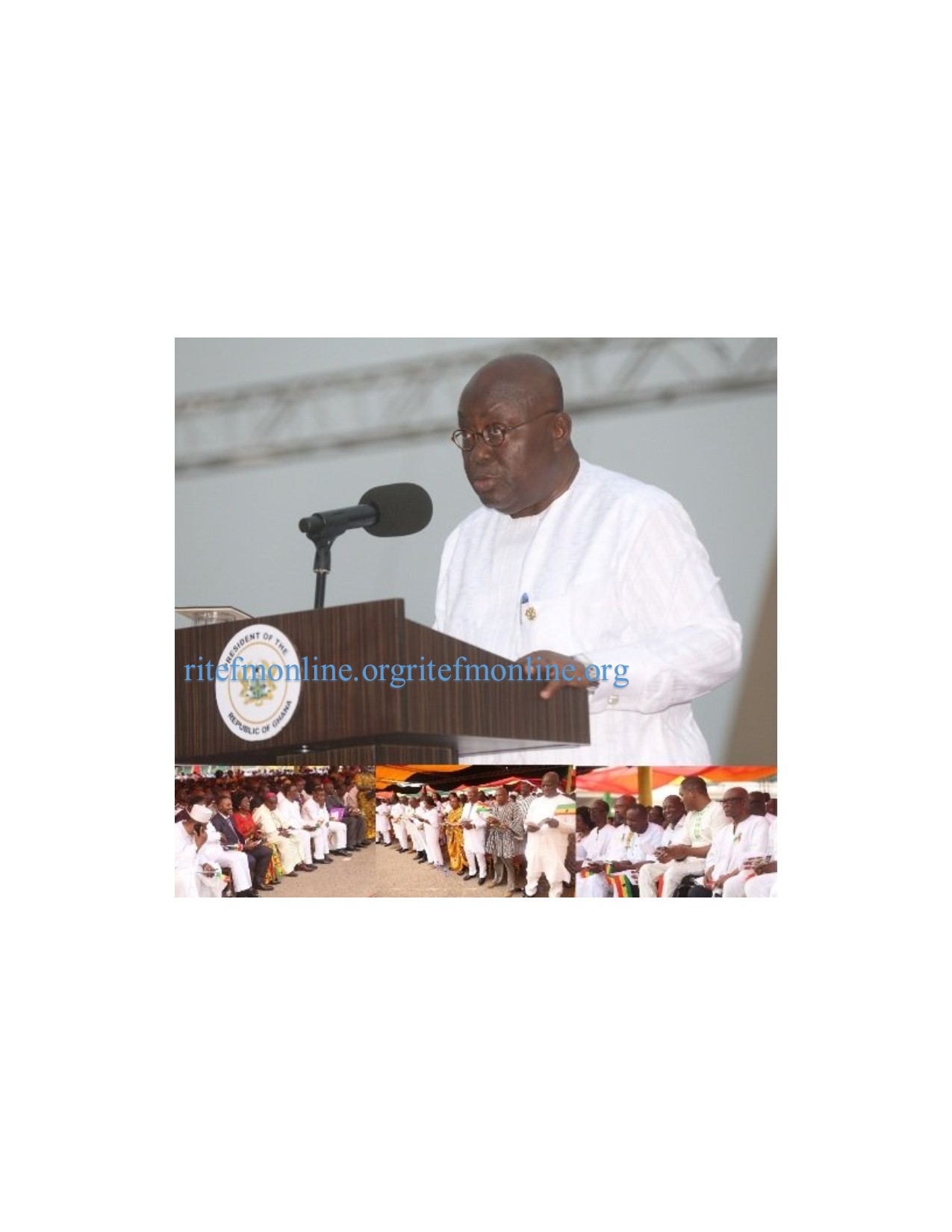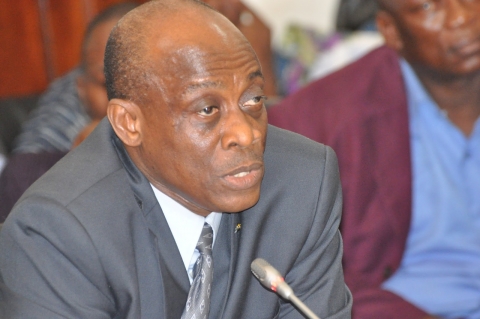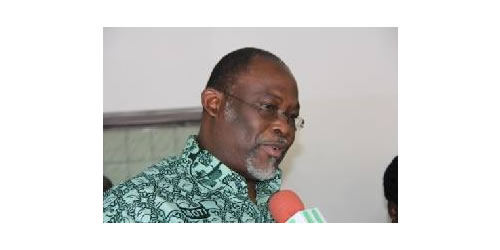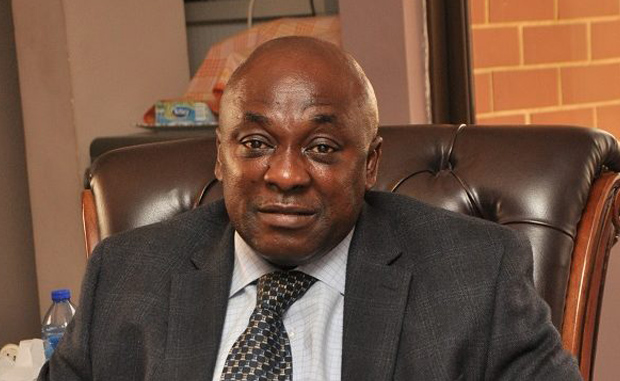Industrialization crucial element to wealth, job creation –Prez Akufo Addo

According to him, the country will only become prosperous if it invests in industries to add value to the raw materials it produces.
While addressing the gathering at the commemoration of 25 years since the start of the country’s 4th Republic, President Akufo-Addo said Ghana aims at joining the list of prosperous nations in the world with its focus on industrialization, which he said is premised on modernized agriculture.“We’ve begun to take a deep look at the structure of our economy and transform it from a raw material producing and exporting one to a value-added industrialized economy with a modernized agriculture to serve better our needs. The era of Ghana’s industrialization has dawned so that we can trade in the global marketplace, not on the basis of raw materials, but on the basis of the things we make inspired by our sense of enterprise, creativity, and innovation,” he said.
“It is the most effective way we can generate jobs and wealth for the masses of our people and join the ranks of the developed prosperous nations of the world,” he added.
President Akufo-Addo stressed that the country had been endowed with enormous wealth and human potential that can guarantee its growth and development.
While commending Ghanaians for their active role in ensuring peace and stability in the country over the past 25 years, Akufo-Addo said “the best days of mother Ghana lie ahead of us. We are laying the platform for the evolution of a Ghanaian civilization to give true meaning to the foundational values of freedom and justice, from which our nation was conceived.”
Ghana’s democratic journey
Ghana’s 25-year-long democracy journey has seen the country being led by five different presidents including the incumbent, Nana Addo Dankwa Akufo-Addo.
The first regime of the Fourth Republic was led by Former President Jerry John Rawlings, whose leadership transitioned from a military government under the Provisional National Defence Council (PNDC) to constitutional rule under the National Democratic Congress (NDC) in 1992.
After serving two terms in office making him ineligible to run again as president, Rawlings endorsed his vice-president at the time, Prof. John Evans Atta Mills as the NDC’s presidential candidate in 2000.
Atta-Mills, however, lost the elections to the New Patriotic Party’s (NPP) John Agyekum Kufuor in the 2000 elections.
Kufuor led the country for two terms; from 2000 to 2004 and then to 2008.
Prof. Atta-Mills won the 2008 elections against the NPP’s Nana Akufo-Addo and served until 2012 when he died, 6 months into the end of his first term.
His position was taken by the then Vice President, John Mahama, who was in accordance with the constitution sworn-in hours after the news of Prof. Atta-Mills’ death.
John Mahama completed Atta-Mills’ tenure and went on to win the 2012 presidential elections, again, against Nana Akufo-Addo.
Mahama’s attempt to seek re-election, a second term in office was unsuccessful as Nana Akufo-Addo, on his third presidential attempt, secured a resounding election victory of acquiring 53.85% of the total valid votes cast against Mahama’s 44.40%.
The 1992 Constitution of the Republic of Ghana that came into effect on January 7, 1993, after it was approved on April 28, 1992 through a national referendum after 92% support.
The constitution declared Ghana to be a unitary republic with sovereignty residing in the Ghanaian people.
Source: ritefmonline.org





